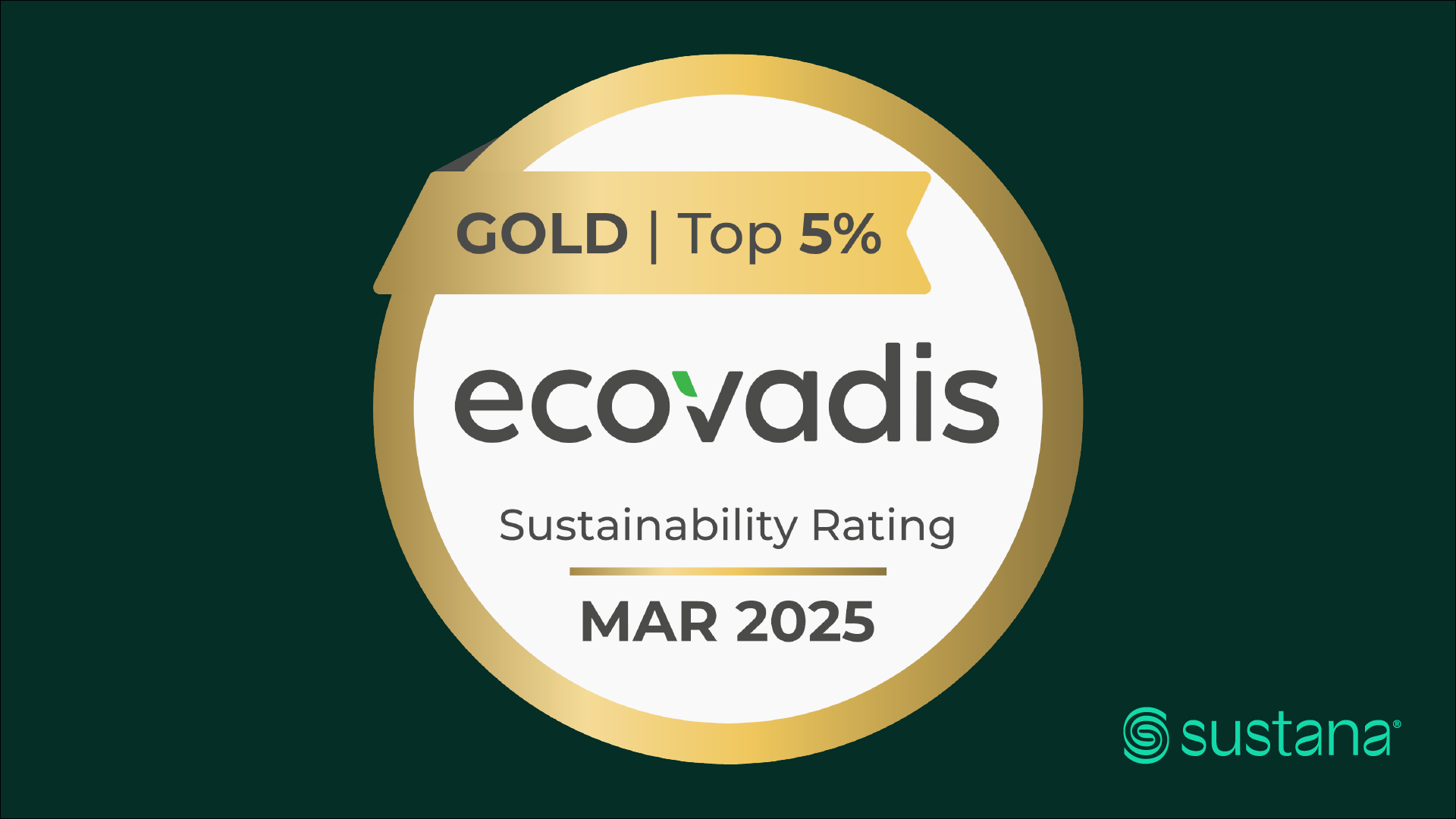In our “Conversations with Green Champions,” Rolland President Philip Rundle asks sustainability-minded organizations about their approach to environmental responsibility.
In the first part of a two-part interview, Jenn Swain, Sustainable Innovation Project Manager at Burton Snowboards, talks about the interplay between profitability and sustainability, and innovation – including downcycling old snowboards for use at Vermont breweries. Stephanie Kohn, Director of Brand Management, covers partnering with sustainable vendors.
Burton has led the growth of snowboarding to a sport for Olympians and the rest of us
- Burton designs and manufactures products for snowboarding and the snowboarding lifestyle.
- Founded by Jake Burton Carpenter in Vermont in 1977 and privately owned by Jake and his wife, CEO Donna Carpenter.
- Headquarters in Burlington, Vermont, with offices and operations in Austria, Japan, Australia, Canada and China, and just under a thousand employees.
How does Burton combine sustainability and business innovation?
JS: We recognize there are environmental and social costs associated with our products – and deeply feel we have a responsibility to reduce the negative impacts we may have on people and the ‘playground’ that is the setting for our sport and lifestyle.
We’re always looking for innovative ways to improve the performance of Burton products and to minimize their impacts.
Describe some recent Burton innovations, on the product and sustainability fronts
JS: We expect Burton’s latest Step On binding system, released in the fall of 2017, will change snowboarding for the better. Using similar technology to Burton’s industry-leading strap buckles, Step On™ locks the boot into the binding without the need for straps. So you can just Step On and go. Three connection points (two by the toe and one at the heel) deliver unmatched security and board control by locking the boot to the binding.
Manufacturing snowboards using ReRez epoxy is innovative and environmental. It allows us to sort and recycle scraps created during snowboard manufacturing, and it eventually will allow us to recycle full snowboards by separating all of the materials and returning them back to a usable product.
We’re also focused on achieving Fair Labor Association compliance – the international gold standard for safe and fair working conditions – across our entire factory base. In this case, meeting the strongest standards, rather than innovation, is the most responsible route.
How does Burton pursue sustainability over profit, while producing competitive products?
JS: The goals of sustainability and profit cannot be seen as being at odds. Burton has to be profitable to purchase preferred materials and to invest in responsible production and operations. We have to be strong as a business to afford our sustainability initiatives.
We believe our customers, and consumers in general, are increasingly aware of the social and environmental impact of their purchases. They expect Burton to act on these values – and we do so as much as possible.
What are typical preferred materials?
JS: In softgoods (bags, outerwear and apparel), as an example, we focus on incorporating materials manufactured using inputs and processes safe for human health and the environment: bluesign® certified materials (the bluesign® system ensures sustainable textile production), organic cotton, and dry dyed (waterless dyeing) fabrics.
Burton believes the most sustainable product is one that lasts. How do you ensure durability?
JS: Durability is the result of product design, material selection, and manufacturing quality.
Burton makes products that stand up to the test of the lifestyle our customers lead, be that in the snow or year-round. Bags and outerwear come with a lifetime warranty for manufacturing defects. Snowboards carry a three-year warranty. If we find defects we make repairs and get products back to customers to keep in use as long as possible.
Durability also boosts customer loyalty. People are happy to go back and purchase from a brand that stands behind its products. Durable products are both sustainable and good business.
How do you address end of use?
JS: When we cannot repair a warranty product, we recycle and reuse as much as possible. In 2017 we diverted 60 to 85 per cent of such snowboards from landfill by downcycling them into shelving units, nametags, and beer sample holders for local breweries – which plays into Vermont’s craft beer culture.
When softgoods are unrepairable we save components, like zippers in excellent condition, for reuse in repairs.
We’re always looking for solutions to keep products in use longer, to give materials a second life, and ultimately to recycle.
How does Burton maintain a responsible supply chain?
JS: All suppliers must agree and adhere to the Burton Corporation Supply Chain Sustainability Policies and Standards. It includes our Code of Conduct, which upholds workers’ rights, and includes a restricted substances list (stipulating usage of chemicals and materials that are safe for people and the environment) and a monitoring policy.
We established the Burton Social and Environmental Responsibility Audit Program in 2012. It calls for our sustainability team to complete regular on-site audits at factories, and conduct product tests, to ensure compliance with our policies and standards.
How does Burton select responsible paper suppliers?
SK: Because sustainability is a top priority for Burton we make sure to partner with print vendors who share our values, as we try to do with all of our vendors and partners. With print projects we expect the supplier to use environmentally-friendly practices that also meet our creative needs. Time after time, our primary print partners have highly recommended Rolland paper to help us achieve our goals. We have worked for years with responsible eco-friendly printers which are FSC-certified1, Green E-certified2, and use soy-based VOC free inks…
Many Green Champions have responsible paper procurement policies. What is your policy?
SK: Burton gives preference to post-consumer recycled content and FSC-certified products.
1Forest Stewardship Council® (FSC®) is an international certification and labeling system dedicated to promoting responsible forest management of the world’s forests.
2Green-e certifies environmental commodities and products that mitigate climate change and help build a sustainable energy future.


